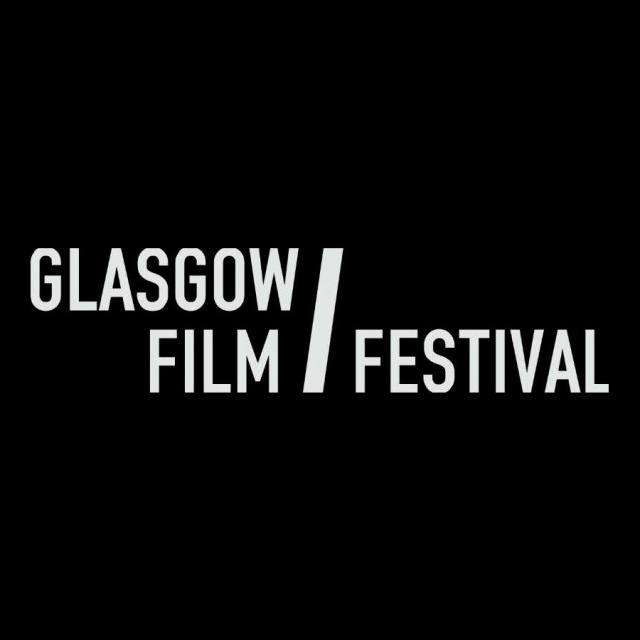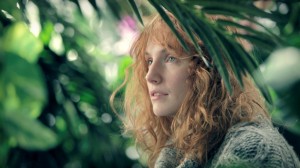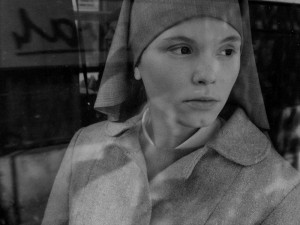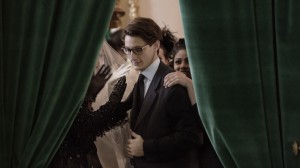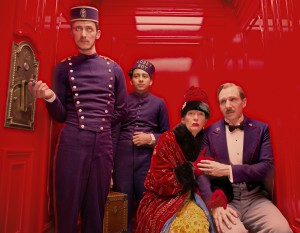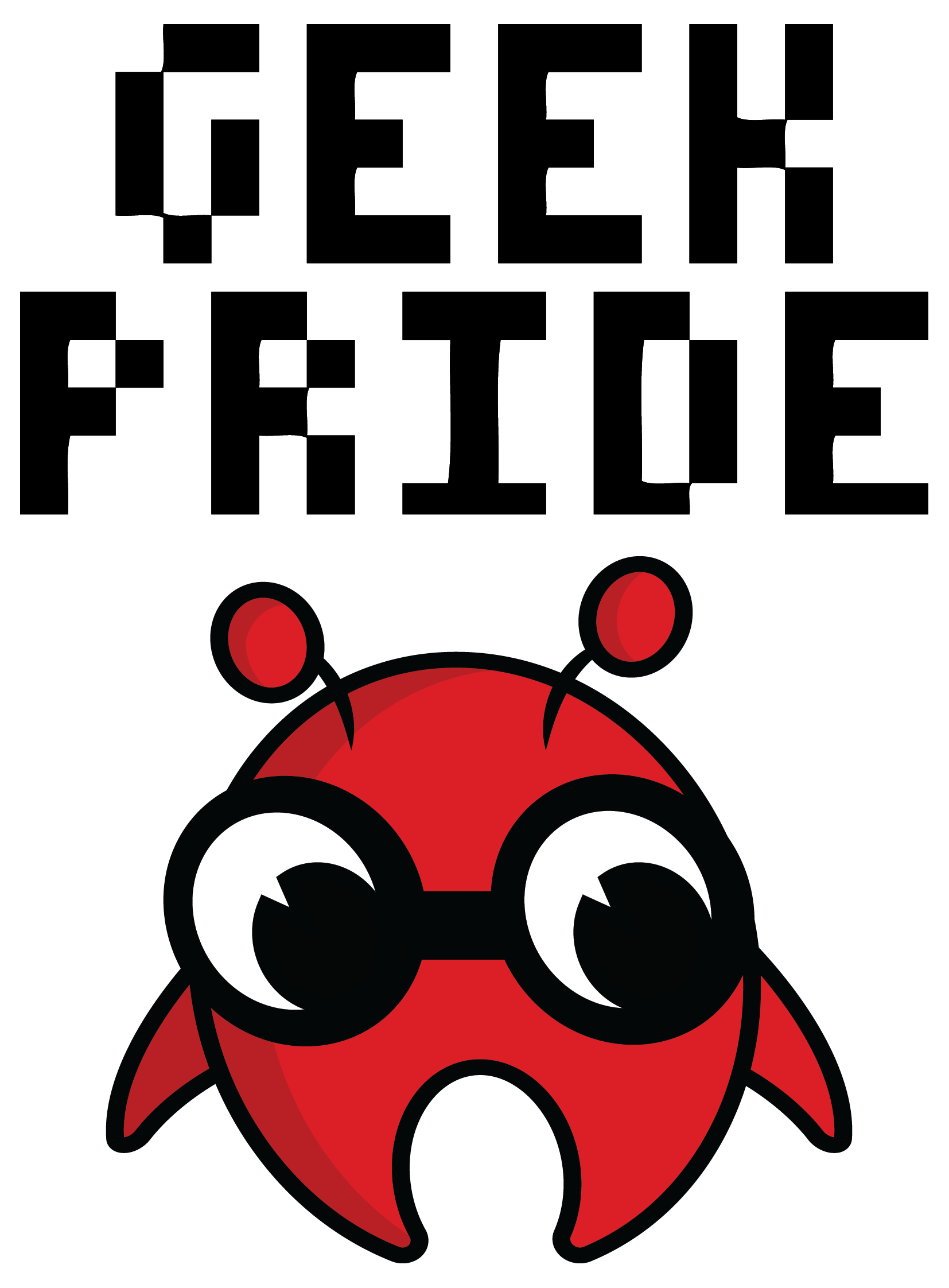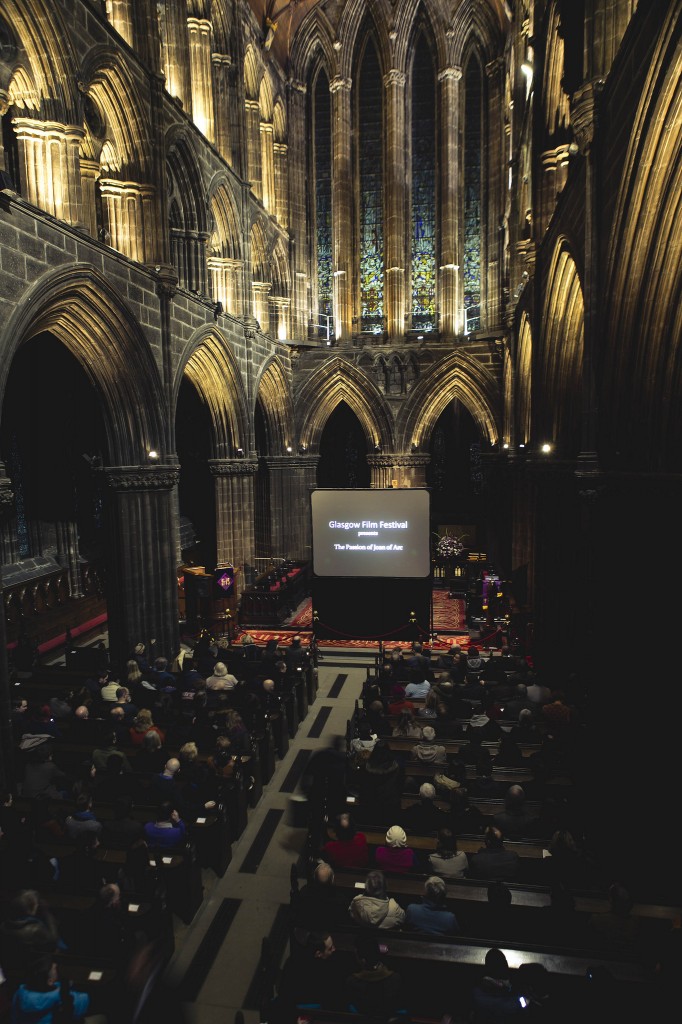
It’s not every day that a grand opportunity falls into my lap, but a week last Thursday, while bracing myself for another gloomy Saturday of trying to twist someone’s arm into watching 12 Years A Slave with me, (again) – I was given the opportunity to head up North into Scotland to cover Glasgow’s Film Festival. Naturally, like any cinematic addict, I jumped at the chance, and off I went on my grand and elaborate adventure to watch a handful of quirky masterpieces!
Now in it’s 10th year, Glasgow Film Festival is a complete cinematic experience from start to finish – and one that proves you don’t have to flee the country in order to experience it. Spread over several easy to navigate locations in Glasgow; ranging from the decidedly comfy Cineworld to the dark and gloomy depths beneath Glasgow Central Station – there was genuinely something for everyone to enjoy, depending on your particular poison. Aside from the typical indie movies you might expect, this year’s event also featured some altogether more specific programming, such as 1939: Hooray for Hollywood – an ode to some of the iconic films from Hollywood’s greatest year. Others included Kapow!, a strand of cinematic programming centred around comics and the blossoming superhero franchise (and headed up by the ever legendary Mark Millar no less) and Pop-up Cinema, a series of events designed to fully immerse you in the film you’re watching through tangible (and often delicious!) experiences.
Given the choice, I would’ve gladly watched every single film in the programme – but alas, there simply weren’t enough hours in the day and I had to be selective in my viewing choices. Admittedly they did speak volumes about me as a person, and were perhaps some of the more heavy going movies on offer, but I really do think the skill and creativity behind every film I watched was definitely worthy of it’s place in the festival.
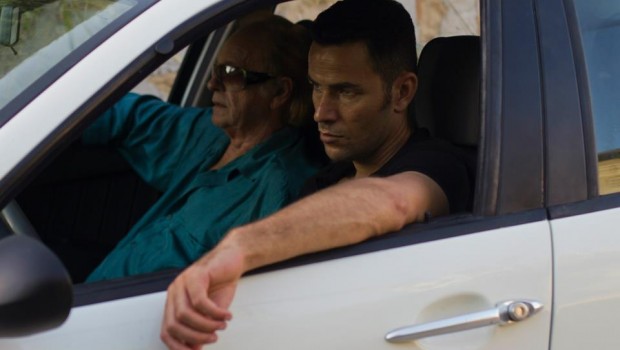
I was due to start off my intrepid expedition into film festival territory with a look at Salvo, one of the more action packed films on offer. Told in Italian, it’s basic premise is that Salvo (played by the fabulous Saleh Bakri) is a cut-throat Mafia assassin, and following an attack by a rival mob, he sets out to seek vengeance. While waiting at the man responsible’s home however, he meets the mobster’s blind sister and it sets into motion a series of events that change who he is from a hardened killer into something a little warmer and a little less detached. It’s a decent plot line and sounded like a really good film to watch – I didn’t get chance to however due to a conspiratory delay on the train, but it’s one of the few films I missed that I am undoubtedly eager to track down and watch, and would advise you dear readers to do the same!
Following the little train setback, the first film I did actually watch was Jasmila Žbanić’s For Those Who Can Tell No Tales. It’s essentially a film exploring the attitudes towards some of the atrocities committed during the Bosnian war, and features an Australian’s tourist’s journey to Višegrad, a town that during the war saw hundreds of Bosnian Muslims massacred and systematically raped. Whilst in Višegrad, the tourist stays in a hotel spa recommended to her by a tourist guide book, and only comes to learn upon returning home that the spa actually used to be the infamous rape camp in which so many of these brutal crimes took place. Rather than stay away however, she returns to Bosnia, and she tries to find out why the town ignores the brutality took place there, why nobody acknowledges the crimes out of respect for the victims.
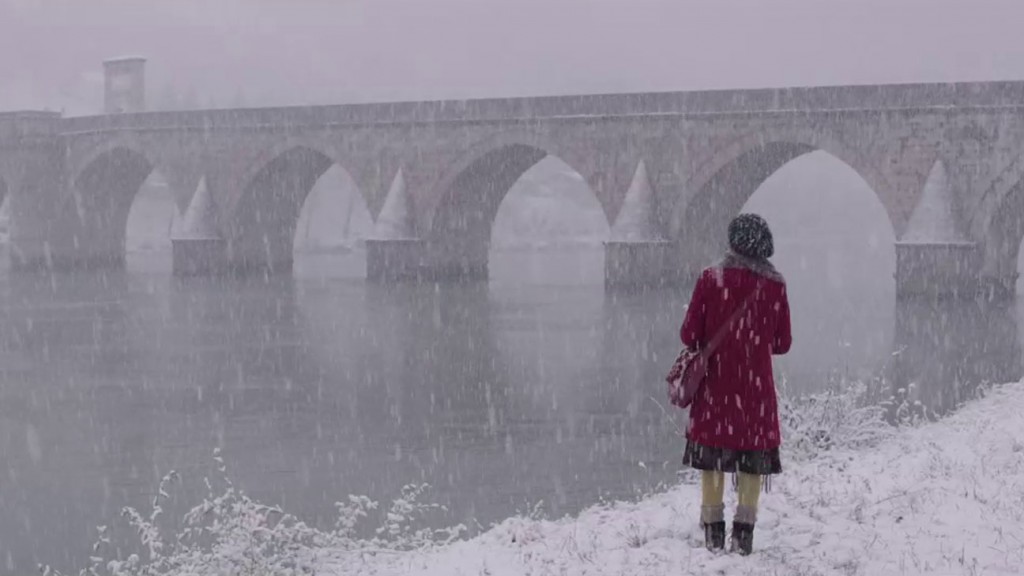
It sounds extremely heavy going, but it’s something I found myself particularly able to connect with and watch because of that. There’s a nuance to Žbanić’s approach, and it’s emotive without being overt and addresses some of the politics present in the region in the wake of a war that seems to go largely unacknowledged by a lot of the world. I think there’s a great deal of depth to what could easily be dismissed as a tourist’s holiday gone awry, and it’s one of those films you need to look deeper into. Plot aside however, I think the cinematography was gorgeous, and there’s more emotion perhaps in some of the landscape than there is in the conversations taking place, but maybe that’s the point. Maybe the hills are supposed to say the words that the people can’t, and give a voice to those that can’t, because it’s just as the title says, the dead are those who can tell no tales.
Next up on the agenda, was Manuel Martin Cuenca’s Cannibal – and I have to say this was one of my favourite films of the entire festival. The film focuses around Carlos (Antonio de la Torre) a well-to-do and completely unassuming tailor in Granada. He lives alone and outwardly looks like he wouldn’t say boo to a goose, but as the film unfolds you get to know him as so much more than that – because he’s a cannibal, praying on Eastern European women and largely going unnoticed by the rest of the people around him, until one day the sister of one of his latest kills arrives in search of her, and he’s faced with man’s greatest dilemma; to love or not to love. Cannibal’s been compared in the past to a Beauty and the Beast sort of dynamic, but I don’t think that’s particularly fair. I don’t think there’s anything beastly about Carlos per se, just something a little more basal than most – and it’s his inner conflict with himself in trying to decide whether or not to kill the woman he loves that makes the film so interesting.
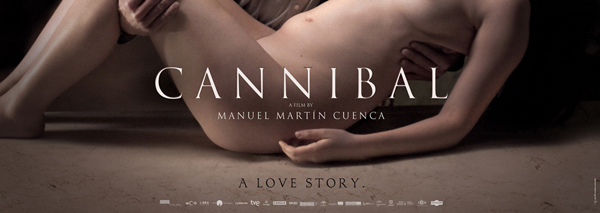
It’s a really good film and I think the pacing and some of the cinematics are rooted towards the same audience that might enjoy NBC’s Hannibal. It’s not an overt film, there’s a lot of subtlety to it, but also a fair amount of distance too. There’s one particular scene, fairly nearly the beginning, that features Carlos’ first kill, and I am so glad I took my friend with me. I swear it was the most powerful scene all weekend for me, because I very nearly passed out. His victim is stripped and strung up, angled as you would a carcass, while he picks out a knife and caresses and scopes out which bit exactly he’s going to harvest. And then it pans away, in a tasteful fashion to the woman’s feet, but that’s when you hear it, the slide of metal and the thud that follows. All while blood trickles straight past those feet and pools. It makes me shudder even now, but it’s one of the reasons I remember the film so well, because it’s full of scenes like that which stick with you and sort of help to show some of the duality of Carlos’ psyche. He’s this kind, quiet man to the outside world, and yet he can still do this, without restraint and hesitation. It’s sort of poetic, in it’s own way, and if you do ever get the opportunity to watch it, I would highly advise it, because personally I think it’s a work of genius.
Which leads me onto my personal favourite of the entire film festival, The Girl From The Wardrobe. This Polish movie was undoubtedly a little lighter than the others I’d chosen to watch as it revolves around the three interlinked lives of neighbours within a busy apartment block. Jacek lives within the apartment block taking care of his autistic brother Tomek, and trying very hard to juggle a normal life of work, women and everything in between.
The film’s hidden gem is undoubtedly Magdalena Rózanska, who plays the eccentric neighbour Magda to the brothers, and helps to take care of Tomek while his brother works. Magda herself has a fair few issues, often attempting suicide, or simply hiding out in her wardrobe and partaking in a plethora of drugs to get her through the day. It’s very much a black comedy with a few hilarious hallucinations thrown in alongside a very real and deep rooted emotional message. It’s a bit bonkers, but still beautiful in it’s own way, and I think that’s rare to find these days. There’s also a highly emotive twist at the end that really stays with you and grounds you and that’s one of the reasons I love the film so much – because it gives you an entire spectrum of feelings as opposed to one that’s simply one-dimensional.
Next up on the agenda we have Pawel Pawlikowski’s, Ida, which I have to confess to having my doubts about at first. Given the vein of films I’ve been watching, I wasn’t sure I was equipped for anything else that was too gritty, but the subject matter was something I couldn’t ignore and I needed to see it from the very moment I’d discovered it in the film festival guide. Ida is the story of a young girl named Anna, who is about to take her vows to become a nun. In order to do this she needs to visit her last surviving relative Wanda, and come to terms with the extent of her past and to discover her true identity.
It’s a heartbreaking story told against the backdrop of post-communist Poland, and it really encompasses a lot of the conflicted sense of identity felt by Poles in the wake of WW2. It’s a film that questions views on personal identity, but also religion, because Anna is actually Jewish and that raises a lot of conflict for her. It’s a beautifully crafted and entirely sincere look at a country still battling with it’s own demons, while also telling an emotive and engrossing story from within it’s black and white cinematic style. I may have left with a tear or two in my eye, but it’s such a thought provoking film I’m glad I went to see it, because it does a great deal of justice to both the subject matter and the respect it deserves.
In a slight change of pace from the doom and gloom of hard hitting drama, I did also manage to catch Yves Saint Laurent, a biopic of the coveted and highly respected designer. I’ve always had a bit of a soft spot for both fashion and biopics, and it seemed silly not to go and watch something that combined two of my vices! I went into it not knowing what to expect and I came away sincerely glad I did. It’s a highly evocative and sumptuous account of the beginnings of Yves Saint Laurent’s career back in 1958 and encompasses his evolution into a major fashion house alongside his business partner and lover, Pierre Berge.
It’s a very sophisticated drama if truth be told, and the imagery in which it’s shot is part of what makes it such an enjoyable masterpiece. From the intricate interiors of Berge’s apartment to the lavish backdrop in which they work, there’s a level of timeless quality there, and that helps to encompass what YSL is supposed to mean as a brand. If you’ loved Audrey Tautou’s portrayal of Coco Chanel back in 2009, this is a film for you. It’s well paced, visually appealing and more than a little sophisticated. It’s everything Yves Saint Laurent deserved in an account of his life and career – because it’s more than just memorable, it’s also classic.
I think part of the appeal of being able to go somewhere like Glasgow Film Festival, is the sheer volume of choice on offer to the general public in choosing what to see. Independent cinema is one of those areas that you really need to just dive head first into and take a risk. I chose a few questionable films to watch, but I’m glad I did, because they left a mark on me, and that’s what I feel cinema is supposed to do.
I would’ve loved to watch Papusza, the biopic of Bronislawa Wajs, a Polish-Roma poetess back in the 1950’s, because that speaks to me on a personal level, just like I would’ve adored watching The Grand Budapest Hotel, because the trailer alone sold it to me the minute I stepped into Cineworld – but schedules and showings didn’t match up and I didn’t get the chance. I did however take note of what I wanted to watch and actively sought it out after leaving the festival, to such a point I now have half a dozen people ready to rope into watching it at some point later down the line.
Glasgow Film Festival for me, became less about watching films and more about turning them into an experience. To be able to meet up with like minded people and discuss and enjoy cinema for what it is – an artform and a talking point. I legitimately feel a little ashamed to say I’ve never been up North to GFF before, but after this year’s show stopper of a festival, I definitely can’t wait to make it a staple of my year from now on.
For more information on the Glasgow Film Festival, check out: http://www.glasgowfilm.org/


